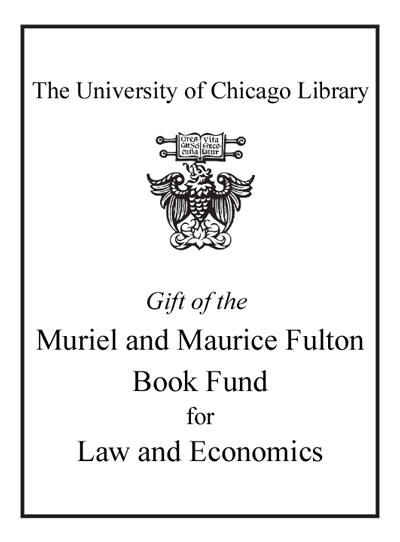Review by Choice Review
This book is essentially a manual for foreign policy makers of the powerful countries who advocate economic sanctions as an instrument in their international relations kit. The word "reconsidered" in the title does not mean a questioning of the morals or stated motives and objectives of economic sanctions. Instead, it denotes an effort to make sanctions "smarter," that is, least costly to the imposing country and most effective in achieving stated goals or desired outcomes: changing the target country's government or policies. Imperial reasons or pretexts for imposing sanctions--weapons of mass destruction, terrorism, violation of human rights, cross-border aggression--are accepted as legitimate, without mention that sanctioning powers are often more guilty of such violations than the target countries of their sanctions. Sanctions are discussed as though a mild or benign punishment, not aggressive acts that can produce human costs as high as those of military actions or warfare. Consequently, not addressed are the humanitarian impact and the morality, legitimacy, and justification of sanctions as war by other means. For broader coverage see Ernest Preeg's Feeling Good or Doing Good with Sanctions (CH, Nov'99, 37-1673) and A. Cooper Drury's Economic Sanctions and Presidential Decisions (CH, Jul '06, 43-6837). Summing Up: Recommended. Mainstream research and professional collections. I. Hossein-Zadeh Drake University
Copyright American Library Association, used with permission.
Review by Choice Review

